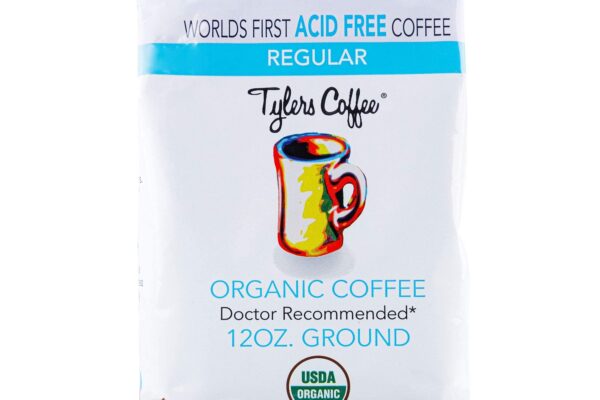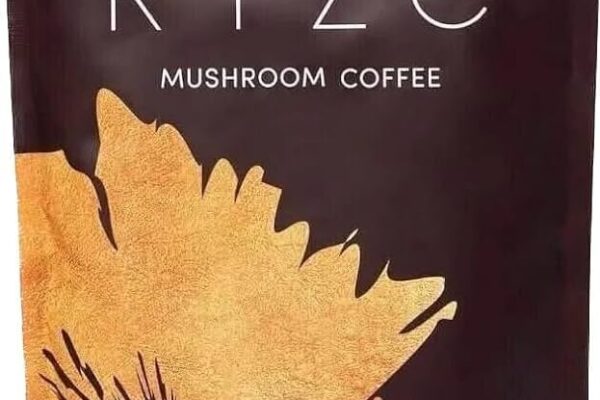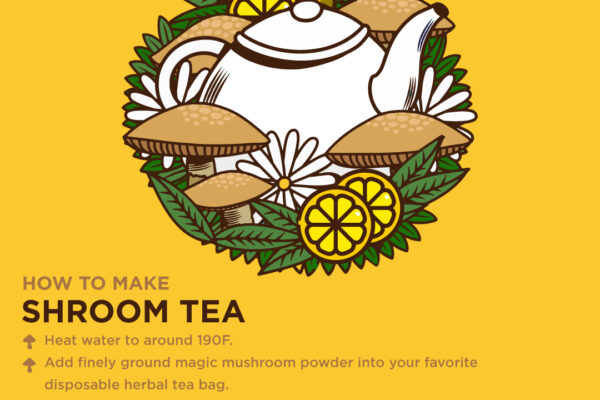Blog
Should I Buy Organic Coffee?
People often associate organic products with fruits and vegetables; however, coffee can also be grown without using synthetic fertilizer or pesticides, thus qualifying as an organic product. Many consumers purchase organic coffee as a way of supporting both the environment and farmers who practice sustainable agriculture practices.
Organic coffee may help protect both the environment and human health; its absence from conventionally grown coffee means it lacks harmful substances like pesticides that could otherwise impact these areas. Many consumers believe organic tastes better than its conventionally produced counterpart.
If you are considering buying organic coffee, it is wise to search for products with the USDA organic seal as this will confirm they are truly organic and not contaminated with chemicals or pesticides. In addition, organic beans should be harvested and processed separately from non-organic ones to prevent cross-contamination from happening.
Which organic coffee is actually healthier for your body depends on various factors. First and foremost, it is important to remember that no scientific studies have directly compared its health effects with non-organic varieties. Furthermore, drinking multiple cups per day won’t significantly increase pesticide exposure since most pesticides sprayed on coffee plants are applied only to outer fruit (and this usually removed prior to selling the beans), so there may not be much of a reason for purchasing organic varieties other than price considerations.
People purchase organic coffee to support environmental sustainability; others do it because they believe the additional cost is worthwhile for their personal wellbeing. According to the Organic Trade Association, an average consumer spends about $21 each month on organic foods and beverages; though this investment may seem costly at first, its potential returns make a huge impactful statement about one’s priorities and values.
Buy organic coffee to support farmers who are dedicated to sustainable agriculture and fair labor practices, while premium prices paid for organic beans may enable developing world farmers to enhance their quality of life and provide for their families.
Decisions on whether or not to purchase organic coffee ultimately boil down to personal priorities and tastes. While many experts acknowledge that most chemicals present in non-organic beans will burn off during roasting, many consumers still opt out. Furthermore, consumer demand can change industry practices; organic coffee production can become more prevalent. Although no scientific evidence exists to demonstrate whether organic coffee is any healthier for you than its non-organic counterpart, its superior taste makes up for any deficiencies it might possess and antioxidant content may provide greater health benefits than its non-organic counterpart.








